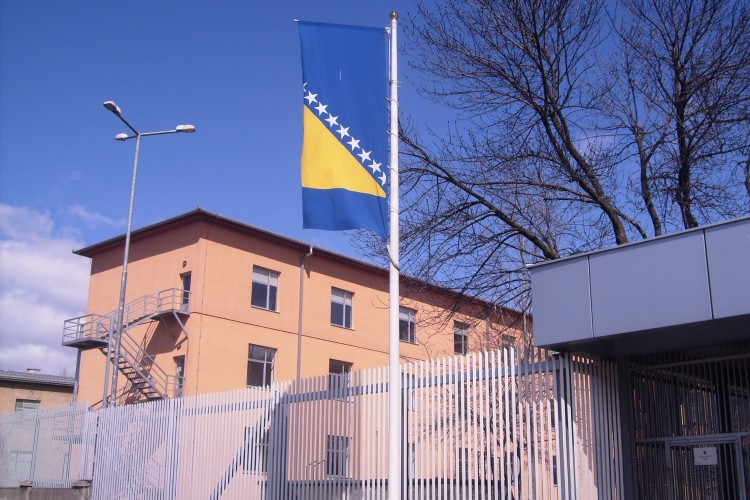
Exceptional times call for exceptional action. In response to COVID-19, the IMF has moved with unprecedented speed and magnitude of financial assistance to help countries protect lives and livelihoods. Economic stabilization and a sustainable recovery, however, will require more than financial assistance. For recovery to be sustainable, policymakers will need to strengthen economic institutions that enable resilient, inclusive policies.
Integrating capacity development with financial support
Governments today face difficult policy decisions – but many lack the strong economic foundations and technical know-how to design and implement the necessary policies. Consider, for instance, the impact of COVID-19 on national budgets, which includes massive spending pressures, lost government revenues and higher debt. This makes progress towards the Sustainable Development Goals even more challenging, particularly for the most fragile and vulnerable countries.
Which is why the IMF has been providing immediate and real-time policy advice and capacity development support to over 160 countries to address urgent issues such as cash management, financial supervision, cybersecurity, and economic governance. Direct, ongoing conversations with policymakers to develop capacity to tackle these issues always goes hand-in-hand with IMF financial support. Thus far, over 90 percent of countries that requested pandemic-related emergency financing have also received capacity development support in the form of hands-on technical advice, practical tools and policy-oriented training.
Strengthening public finances and debt management
Business continuity and protecting revenue streams are crucial for governments to rapidly mobilize and maintain domestic resources. And as countries ramp up emergency spending, they also want to ensure that they have strong institutional frameworks and good governance so money can quickly get to those who need it the most – especially when it comes to health expenditures and social protection systems. The IMF has been working with tax administrations and budget offices in many countries to help them restore operations and strengthen support to businesses and individuals, without compromising safeguards and accountability.
An even greater challenge lies ahead for policymakers in debt management, resulting from worsened fiscal positions and higher financing costs. The IMF has provided immediate debt service relief to 27 of our poorest member countries, and together with the World Bank, has led the call to major bilateral creditors to suspend debt service payments from the poorest countries. Debt managers worldwide are grappling with strategic, recording, and management issues in the COVID-19 environment – and are working with IMF technical experts to revise and update their debt management strategies and systems. An important element in this process is data, because it provides key information to assess the crisis and associated financing needs. For managing debt well, statistics are crucial. Short, “micro-learning” videos on the IMF Institute’s YouTube Channel have also been developed to tackle issues related to public sector debt data.
As governments carefully begin to shift towards reopening, stronger economic institutions will enable them to better assess the challenges created by the pandemic and resume efforts on policies that promote opportunities for all of their people – like tackling inequality, taking action on climate, and leveraging digitalization.
Maintaining close engagement
We are all navigating uncharted territory in adapting to new ways of working. The IMF recognizes this and is building virtual platforms to facilitate knowledge sharing, including a policy tracker covering the actions taken by 196 economies to combat the impact of COVID-19. Drawing on decades of working with countries, we have produced 45 Special Series Notes that provide practical policy guidance to countries on the nuts and bolts of common crisis-related policy challenges. We have expanded free online courses to increase global access to IMF expertise on topics such as fiscal policymaking, financial inclusion, and macroeconomic management. The IMF is also leveraging its global network of regional capacity development centers to respond quickly to countries’ emerging needs and ensure closer coordination with development partners.
As a former policymaker, I know first-hand the important role economic institutions can play in shaping policies that impact ordinary people. The laborious task of strengthening economic foundations is not glamourous – but it is one that can have the greatest, long-term impact on the economic and social wellbeing of people. As the world emerges from the Great Lockdown, policymakers and development partners should treat rebuilding stronger, more resilient institutions as a top priority.












